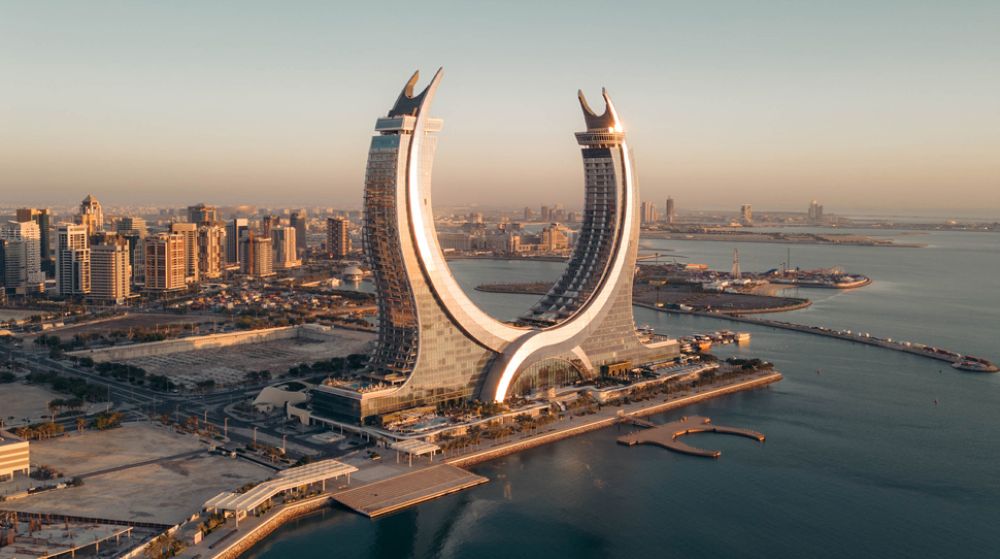

Historically, Doha was a small pearl fishing village. Due to its strategic location in the Persian Gulf, it emerged as a center of trade and pearls. However, the collapse of the pearl market in the 1930s, coupled with the Great Depression, had a significant impact on the city's economy. The discovery of oil and later natural gas reserves transformed Qatar, and Doha rapidly developed into a modern city.
The country's wealth funded a wide range of infrastructure projects, including those aimed at cultivating tourism. However, it wasn't until the 21st century that Doha began to emerge as a tourist destination, largely thanks to the ambitions of the Qatari government to diversify its economy beyond hydrocarbons.
Significant events such as the Asian Games in 2006, the inauguration of the Museum of Islamic Art in 2008, and winning the bid to host the FIFA World Cup 2022 have placed Doha firmly on the global map as a tourist destination.
Initially, tourism in Doha was mainly business-related, with most visitors coming for commercial reasons. However, as the city developed, so did its attractions, including luxury shopping malls, fine dining, cultural institutions, and modern architecture. The Qatari government has made a conscious effort to promote culture and arts, leading to the development of landmarks such as Katara Cultural Village and the expansion of Qatar Museums’ offerings.
With the development of resorts and leisure facilities, Doha has also begun to attract leisure tourists. In addition, sporting events have become a significant draw. The city has invested in state-of-the-art sports facilities, including Khalifa International Stadium and Aspire Zone, turning it into a hub for international sports events.
In recent years, Doha has seen a trend towards creating experiential and immersive tourism offerings. The push for sustainable tourism has also been notable, with the city looking to minimize the environmental impact of tourism and improve sustainability in the sector.
With the upcoming FIFA World Cup 2022, there has been a surge in the development of hotels and entertainment facilities. Doha is also focusing on improving accessibility and connectivity, with expansions at Hamad International Airport and the launch of the Doha Metro system enhancing the tourist experience.
Adventure tourism is another growing trend, with visitors looking to explore the city's desert surroundings through activities like dune bashing and camel trekking. Meanwhile, culinary tourism is also on the rise, with Qatar positioning itself as a gastronomic destination in the Middle East.
In cultural tourism, emphasis is being placed on local heritage and traditions, with tourists being encouraged to visit the Souq Waqif, the Gold Souq, and other areas that reflect the traditional Qatari way of life.
As Doha continues to grow as a global city, its tourism offerings are expected to expand and diversify, further embedding the city's status as a vibrant destination in the Middle East.
Please note that tourism trends are subject to changes and the impact of global events like the COVID-19 pandemic can significantly alter the trajectory of tourism developments.